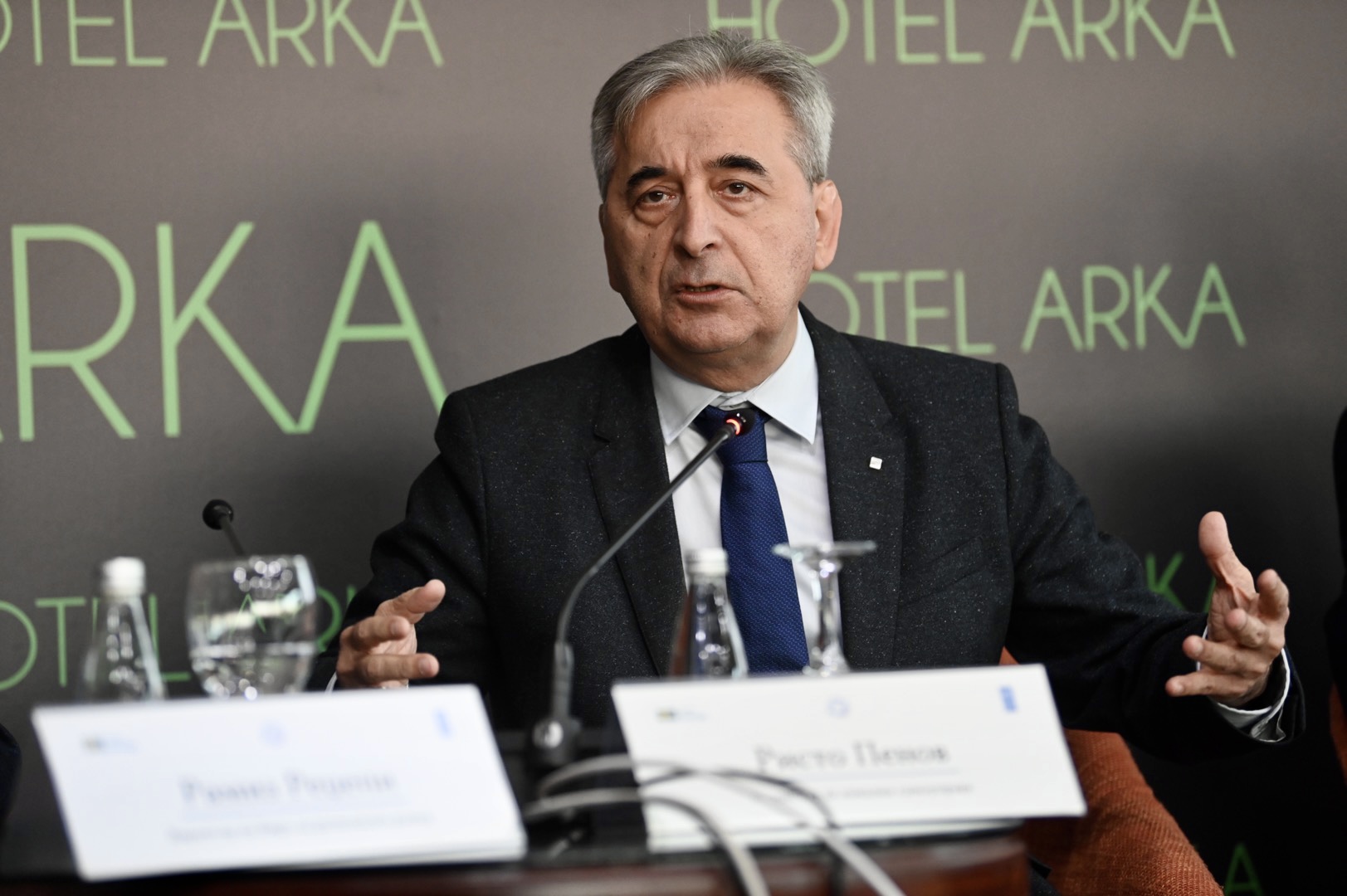Technical documentation for 13 projects for faster and better equality local development
November 20, 2023

Ten Municipalities and three Centers for the development of planning regions will receive comprehensive and quality technical documentation for the purposes of priority infrastructure projects realization, which are essential for the improvement of citizens’ living conditions. They have signed the Agreements for technical documentation funding of projects encompassing road and school infrastructure reconstruction, traffic conditions improvement, sidewalks and bicycle lanes construction, photovoltaic systems installation etc.
The Minister of Local Self-Government, Mr. Risto Penov, stressed that after signing the Agreements, the biggest challenge will be to strengthen the capacities for the preparation of quality projects, which are funded by the national Budget, as well as projects which meet the standards for funding allocations of other sources, such as the European Union and the World Bank.
“Access to quality funds is conditioned by the capacities of the Municipalities and the Centers for the development of planning regions for project and technical documentation preparation, that is in accordance with the regulatory standards. With 1.5 million dollars, in this stage The Technical Documentation Fund enables capacities building through direct expert support, as well as providing funds for technical documentation preparation, which is of great help for the Municipalities and Centers for development” – Mr. Penov stated.

It is an activity within the framework of the Technical Documentation Fund, which is an instrument for financial and technical support for the realization of infrastructure projects on a local, inter-municipal and regional level. The Fund is a component of the Project “Building Municipal Capacities for Project Implementation”, that is implemented by the UNDP with financial support from Sweden and the Bureau for Regional Development.
“These technical documents are a foundation for the implementation of infrastructure projects which enable tangible benefits for the local citizens, contribute to national BDP growth and improve gender equality on a local level. Additionally, the Technical Documentation Fund serves as a unique instrument for the implementation of priority local projects, chosen by the citizens through a process of integrated planning and community forums” said Armen Grigorijan, UNDP’s spokesperson.
“This exceptionally important and timely undertaking should additionally strengthen the capacities of the Municipalities, enabling them to identify their developmental needs and priorities, as well as to create strategies for overcoming the main challenges of the local economy and social development” – said Michael Aterog, SIDA’s Head of Department of Development Collaboration.

These 13 projects were chosen on the first, out of a total of three, planned public calls within the framework of the Technical Documentation Fund, through which 10 large and 20 small grants will be allocated to Municipalities and Regional Centers, or 1.6 million dollars in total. This Instrument will, in the future, be overtaken by the Bureau for Regional Development, which is one of the partners in the Project’s implementation.
“The Bureau will work on strengthening internal organization capacities and human resources, with the aim to enable the provision of adequate support to Municipalities and Centers in the key development stages and the implementation of infrastructure projects on a local level. They will be focused on areas where the greatest support is necessary i.e. smaller, rural, and less developed Municipalities. However, no Municipality will be excluded from the process” – stated Ramiz Rexepi, Director of the Bureau of Regional Development.
In the first stage of the Project “Building Municipal Capacities for Project Implementation”, technical documentation for 56 projects for utility, transport and business infrastructure in municipalities was prepared, as well as projects for refurbishment and energy efficiency improvement in 10 hospitals. The Project is part of UNDP’s Program framework, funded by Sweden.

 Locations
Locations



